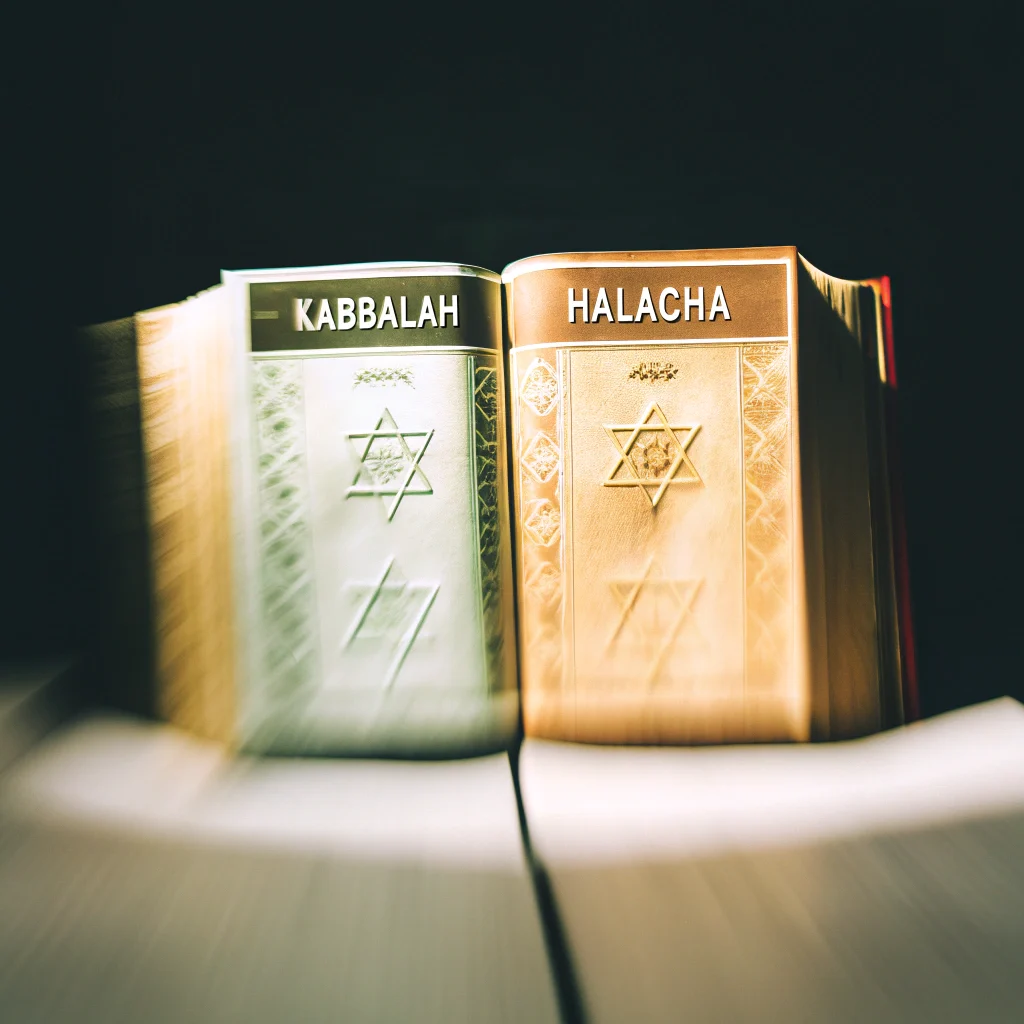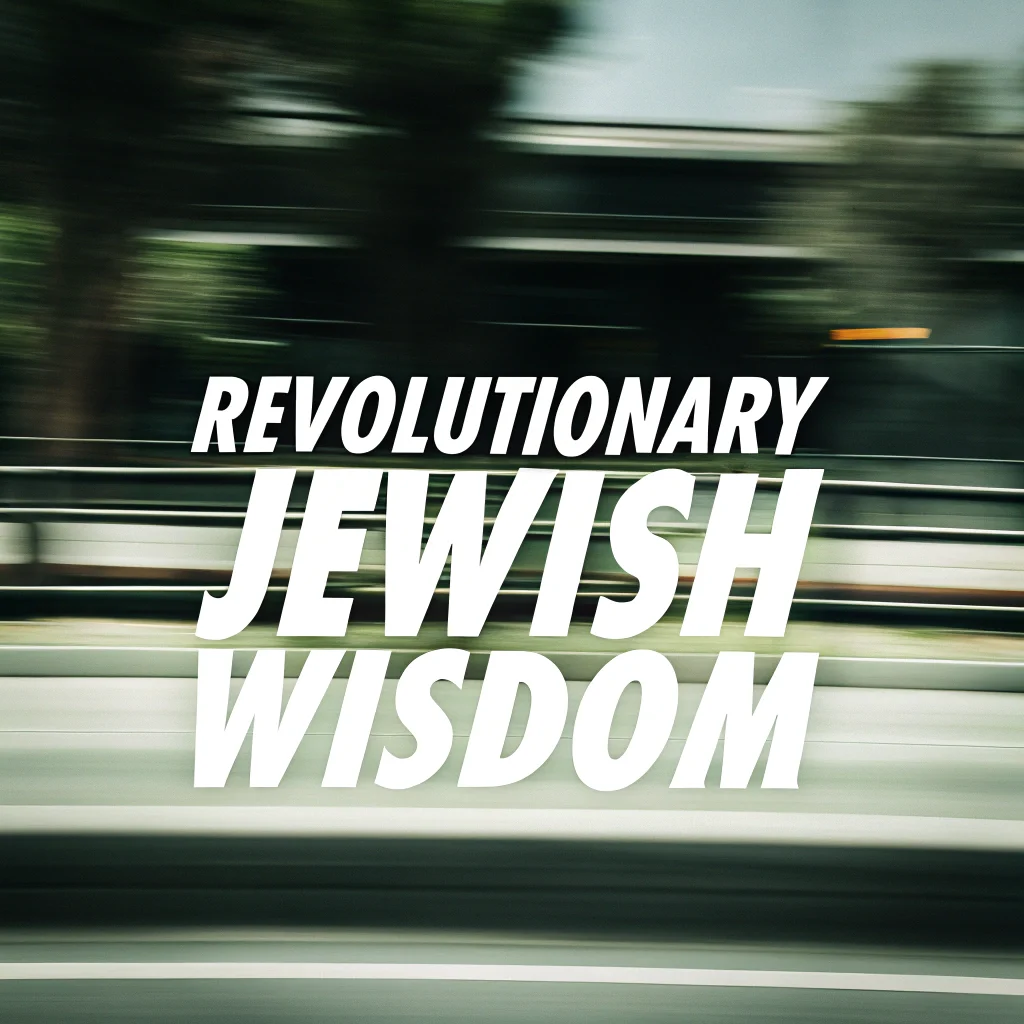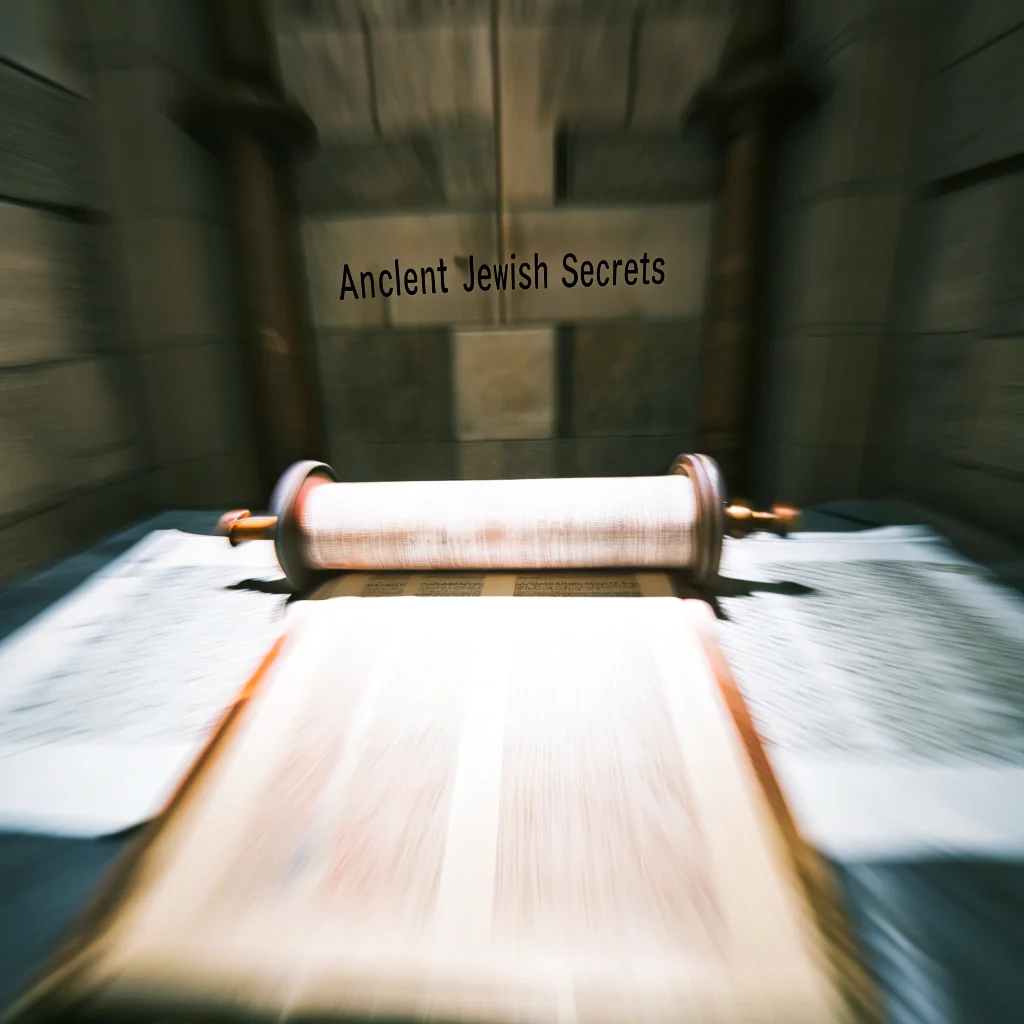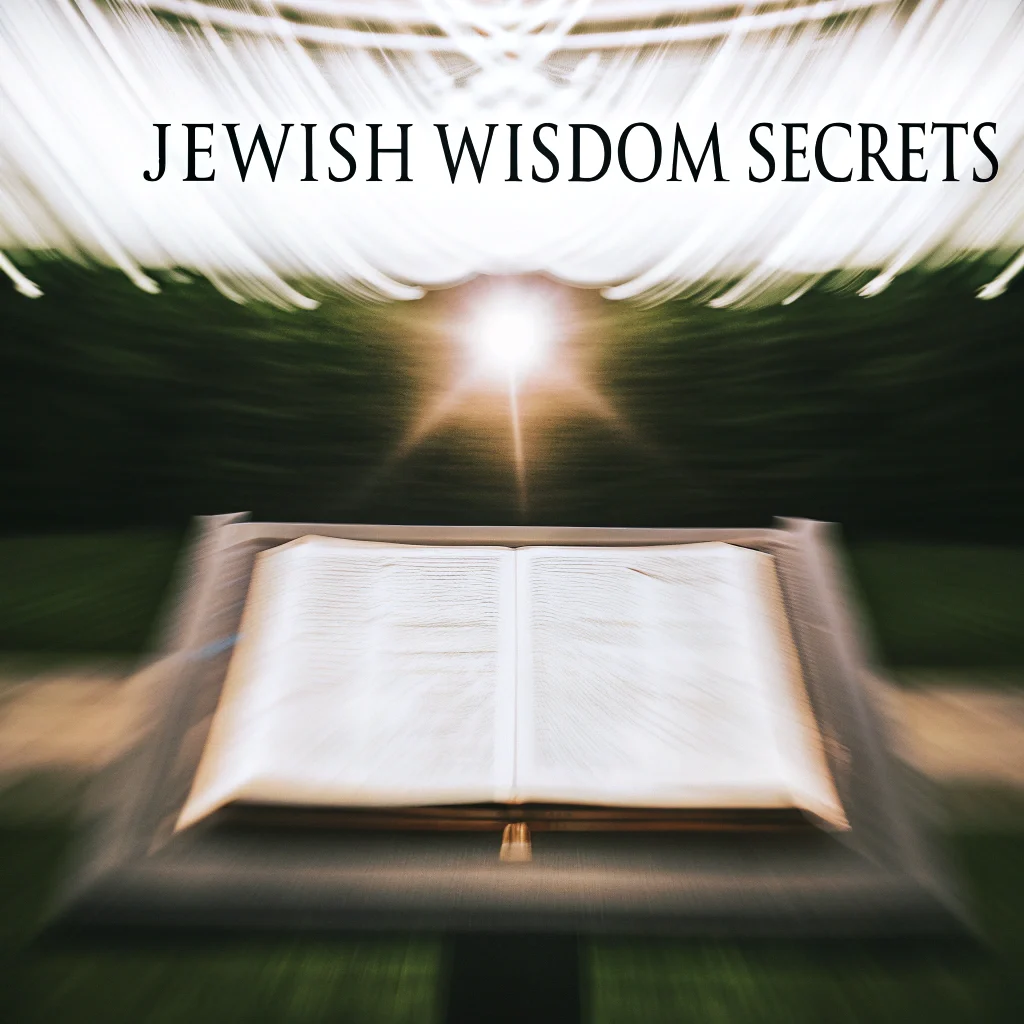Kabbalah and Halacha: A Unified Path of Spiritual Development
Understanding the relationship between Kabbalah and Halacha is essential for anyone interested in Jewish spirituality. Have you ever wondered about the intricate connection between the secret wisdom of Kabbalah and the daily practice of Judaism? Many consider them separate worlds, but the truth is much more fascinating!
Kabbalah and Halacha: Two Sides of the Same Coin
Imagine a book that has not only a cover and pages but also an invisible dimension revealing the deeper meaning of what’s written. Similarly, Jewish tradition operates on two levels — Halacha (laws) serves as the body, while Kabbalah (mystical teaching) functions as the soul of the Torah.
Halacha without Kabbalah becomes merely a set of rituals. Kabbalah without Halacha turns into abstract philosophical reflections. Only together do they create a living whole — just as a person cannot exist without either body or soul.
Why Balance Between Kabbalah and Halacha Matters for Everyone?
Serious Torah scholars strive to find balance between studying legal norms and understanding spiritual mysteries. This resembles how in different periods of life, we may need either more physical activity or more mental work.
By studying the commandments of the Torah, we master the rules of life. By immersing ourselves in Kabbalah, we meet the source of these rules — the Creator.
A Special Way of Thinking: Not Linear, But Circular
When we study Torah and Kabbalah, our minds begin to work differently. Instead of Western linear thinking (step by step), we start moving associatively, in circles. We learn, return, learn again — and each time discover a new, deeper layer of understanding.
This approach allows us to see the Written Torah, Talmud, books of Halacha, and Kabbalah not as separate texts, but as parts of a unified whole. Even in the smallest detail of observing commandments, there exists a deep spiritual dimension.
Who Can Study Kabbalah and Halacha: Debunking Myths
There’s a common belief that one should only approach Kabbalah after turning 40. However, great Kabbalists thought otherwise! Some of them, including the Arizal and Rabbi Nachman of Breslov, didn’t live to 40, yet began studying Kabbalah very early.
The age restriction was based on the idea that before 40, a person isn’t emotionally stable enough. But today it’s becoming increasingly clear: without studying the inner aspects of Torah, it’s difficult to achieve balance and inner peace at any age.
Kabbalah as the Key to Finding the Creator
Hasidism reveals an amazing metaphor: the creation of the world resembles a game of hide-and-seek, where the Creator conceals Himself but wants us to seek Him. He promises: “If you search for Him — He will be found.”
This search is the study of Kabbalah. It can begin from the moment a person realizes there’s something in the world invisible to the eye — and this realization is accessible even to children.
Hasidism: A Bridge Between Kabbalah and Halacha
The Baal Shem Tov revealed a new depth in Kabbalah’s teachings and made them accessible to everyone. That’s why beginners are recommended to study Hasidism first.
Kabbalah helps fulfill the “duties of the heart” — six constant commandments directed at a person’s inner world: believing in the constant presence of the Almighty, loving Him, and feeling awe before Him. These commandments are equally important for men, women, and children.
Kabbalah for Non-Jews: Path to the One God
It’s often thought that non-Jews have no right to study Kabbalah. However, a significant part of this teaching applies to all humanity, as it awakens in the heart a desire to know the one God.
For non-Jews (descendants of Noah) to study Kabbalah, they must accept this wisdom through the Jewish people and take upon themselves the obligation to live according to the seven Noahide commandments given by the Almighty to all nations.
Conclusion: Kabbalah and Halacha as Keys to Fullness of Life
Kabbalah and Halacha are not just teaching and practice. They are two complementary paths that together create a complete spiritual life. One without the other is like a body without a soul or a soul without a body.
Studying the inner wisdom of Torah is not a luxury but a necessary element of intellectual, psychological, and behavioral development for anyone seeking fullness of life.
Source: Gates to the world of Kabbalah. Wonders of thy wisdom By Rabbi Yitzchak Ginsburgh
Afterword: The text of this article has not been approved by any sage, Torah scholar, or rabbi and is merely a simplified adaptation of the sacred text for general understanding. For comprehension of true wisdom and a deeper understanding of the original text, you should refer to the sources.
This and all other article texts of the Mega-Charity.Org resource express only the personal opinions of the authors who compiled them. They are intended only for general and superficial understanding of the real sources of wisdom. References to which are provided.



